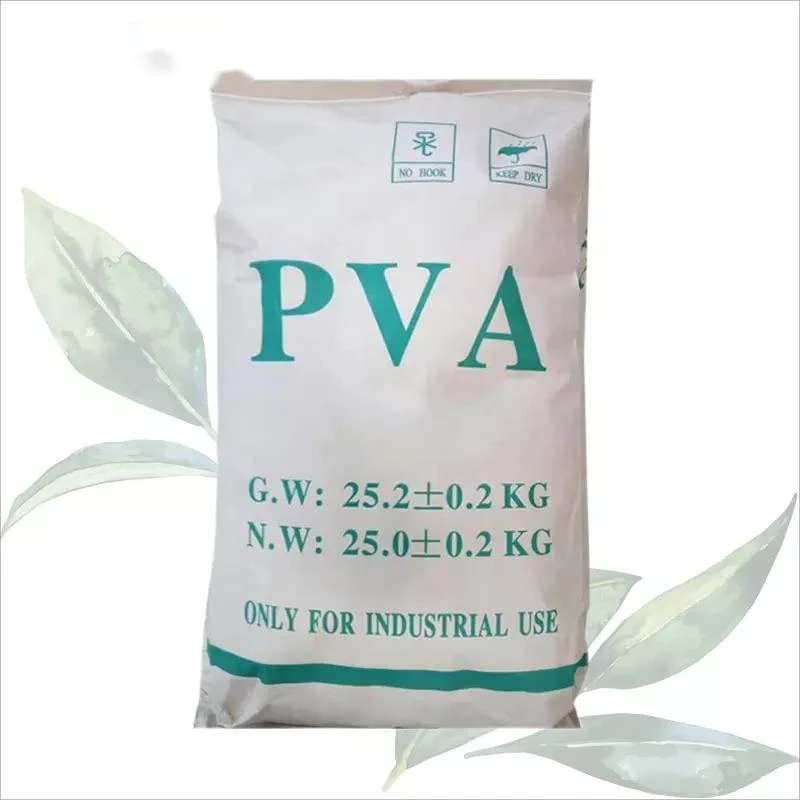Carboxymethyl Cellulose A Multifaceted Polymer with Diverse Applications
Carboxymethyl cellulose (CMC) is a popular water-soluble polymer derived from cellulose, the most abundant organic polymer on Earth. It is known for its remarkable versatility, finding applications across various industries including food, pharmaceuticals, and personal care products. This article highlights the properties, production, and applications of CMC, illustrating why it is considered a valuable addition to numerous formulations.
Properties of Carboxymethyl Cellulose
CMC is characterized by its ability to enhance the viscosity and stability of solutions. It has a high molecular weight, which contributes to its thickening capabilities. As a modified cellulose, CMC maintains the basic structure of cellulose while introducing carboxymethyl groups, which enhance its solubility in cold water. This modification also allows for the adjustment of viscosity depending on the degree of substitution and concentration, providing formulators with flexibility in their applications.
One of the standout properties of CMC is its non-toxicity and biocompatibility, making it an excellent choice for food and pharmaceutical uses. Additionally, CMC is freeze-thaw stable and has excellent film-forming abilities, which further expands its potential applications.
Production of Carboxymethyl Cellulose
The production of CMC involves the chemical modification of cellulose through the process of etherification. The cellulose is typically sourced from natural fibers such as wood pulp or cotton. It is then treated with sodium monochloroacetate in an alkaline environment, resulting in the substitution of hydroxyl groups with carboxymethyl groups. This process can be fine-tuned to control the degree of substitution, which ultimately affects the solubility and viscosity of the final product. The product is then purified, dried, and milled to obtain the desired powder form.
carboxymethyl cellulose

Applications of Carboxymethyl Cellulose
1. Food Industry CMC is widely used as a thickener, stabilizer, and emulsifier in various food products. It is appreciated for its ability to improve texture in products such as ice cream, sauces, and salad dressings. It also contributes to moisture retention, thereby enhancing the shelf life of baked goods.
2. Pharmaceuticals In the pharmaceutical sector, CMC serves multiple purposes. It acts as a binding agent in tablets and a thickener in liquid formulations, ensuring the uniform distribution of active ingredients. Its mucoadhesive properties facilitate improved drug absorption in topical and oral delivery systems.
3. Personal Care Products CMC is commonly found in cosmetics and personal care items, where it functions as a thickening agent and stabilizer in creams, lotions, and gels. Its ability to impart a smooth texture makes it a popular choice for formulating skincare products.
4. Industrial Applications Beyond consumer products, CMC is utilized in various industrial applications, including oil drilling and the production of textiles and paper. Its ability to bind and retain moisture is particularly valuable in these settings.
Conclusion
Carboxymethyl cellulose is a multifunctional polymer with significant utility across a broad spectrum of industries. Its unique properties, combined with its eco-friendly nature and versatility, position CMC as an essential ingredient in modern formulations. As industries continue to innovate, the demand for CMC is likely to grow, reinforcing its status as an indispensable component in various applications. Whether in your favorite snack, a medication, or a beauty product, CMC plays a crucial role in enhancing product performance and consumer satisfaction.
-
Rdp Powder: Key Considerations for Wholesalers in the Building Materials IndustryNewsJul.08,2025
-
Key Considerations for Wholesalers: Navigating the World of Hpmc - Based ProductsNewsJul.08,2025
-
Hpmc Detergent: Key Considerations for WholesalersNewsJul.08,2025
-
Key Considerations for Wholesalers: China Hpmc For Tile Adhesive, Coating Additives, Concrete Additives, and MoreNewsJul.08,2025
-
Crucial Considerations for Wholesalers: Navigating the World of Construction MaterialsNewsJul.08,2025
-
Key Considerations for Wholesalers Sourcing Additive For Cement, Additive For Concrete, Additive For Putty from Additive Manufacturer Shijiazhuang Gaocheng District Yongfeng Cellulose Co., Ltd.NewsJul.08,2025




